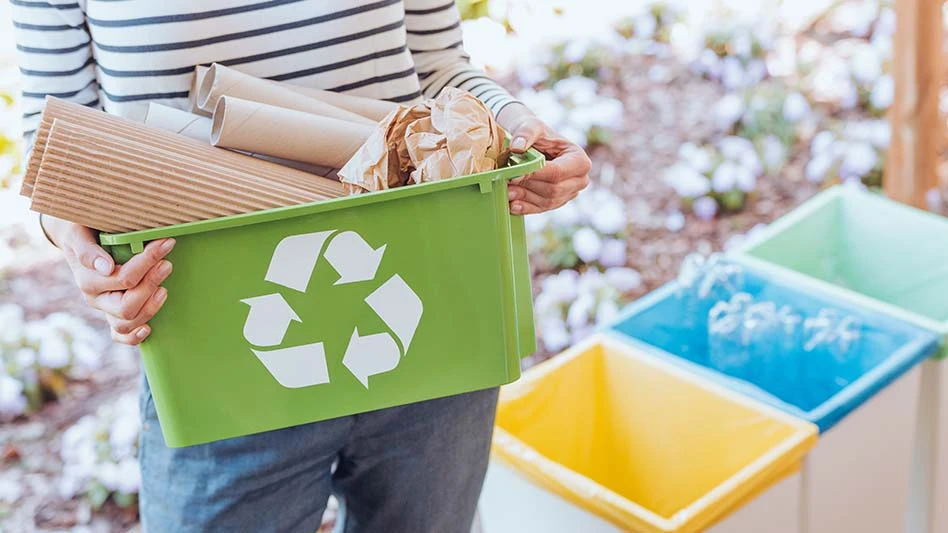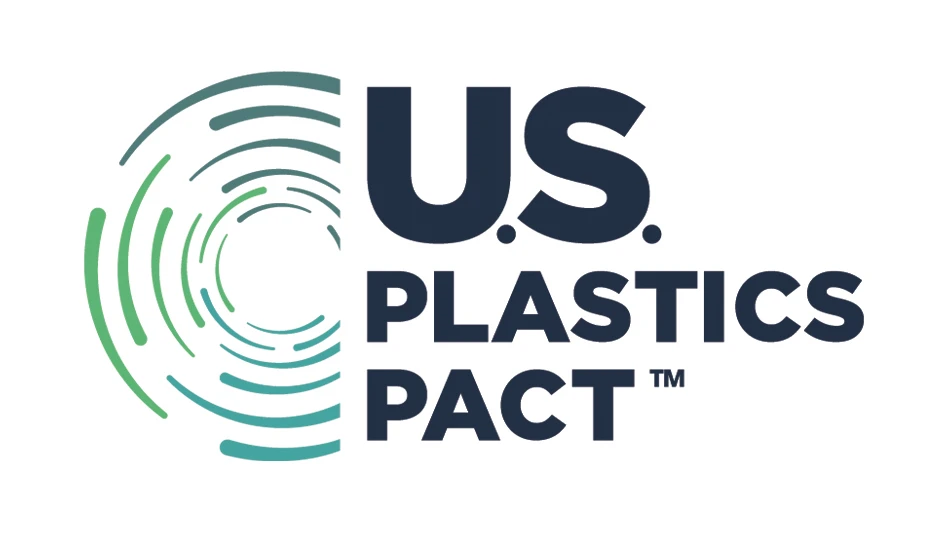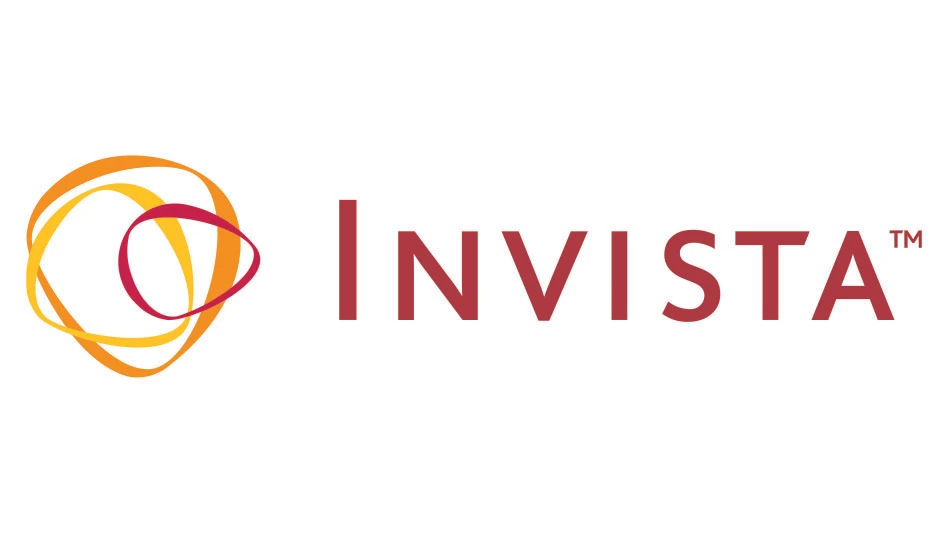
Katarzyna Bialasiewicz | Photographee.eu
Recent reports have revealed a much lower paper recycling rate than previously touted by the industry, and the question now is how recovered paper consumers can boost recovery in the United States to capture more material and prevent unnecessary landfilling.
An analysis published in December of last year by the U.S. Department of Energy’s National Renewable Energy Laboratory (NREL) claimed the amount of paper and paper-based packaging in U.S. landfill represents $4 billion in lost economic value.
In January, The Recycling Partnership, Washington, released a report saying only 21 percent of residential recyclables are recycled in the U.S., including 7 out of 10 cardboard boxes and 3 out of 4 tons of mixed paper.
RELATED: Can one size fit all?
“To incentivize more collection, there’s not a lot of technological advancements we can make anymore to get a higher recycling rate,” James Derrico, vice president of new business development at Sweden-based CellMark, said during a Recovered Paper Industry Fireside Chat hosted by the Washington-based Institute of Scrap Recycling Industries in mid-January. “The optics are there; the systems are in place. These are some of the most technologically advanced MRFs we’ve ever seen sitting here right now. It really is going to come back to either the responsibility of the consumer or the responsibility of the brands to help get that recycling rate up.”
It is a governmental issue, too, said Derrico, who is based in Chicago. “There are a lot of rural areas that have no recycling at all. Here in Chicago alone, the recycling rates are only 9.6 percent because there’s just not that push on the governmental level and by the people of Chicago to recycle.”
For Kathy DeLano, vice president at Dallas-based Texas Recycling, the first thing that comes to mind when analyzing recovery rates is the cost to landfill versus the cost to recycle.
“In Texas, probably one of the biggest competitors we have in recycling is the landfill,” she said. “It’s so cheap to landfill out here as opposed to areas up north because we have so much space. It’s sad to say that, but I do see a lot of paper going in the landfill because by the time you pick it up, bale it and process it, store it [and] sell it, you’re upside down to the customer and people are like, ‘Well, I guess we’ll just throw it away.”
“If you go to a landfill and see how much corrugated is going in there, you know there’s a lot to catch,” added Leonard Zeid, president of the paper brokerage division at Moline, Illinois-based recycler Midland Davis Corp. “Until we figure out a way to capture that corrugated in an efficient manner so it doesn’t take up all the room in the bin and everything else ends up in the trash, or it ends up in the trash because the bin’s full, we’re going to have that problem."
But Jose Gonzalez, director of Stockholm-based Afry Management Consulting, predicted good market fundamentals for long-term growth of the key sectors that consume recovered paper, saying increased demand as new capacity comes online will incentivize collection.
“We see containerboard, we see carton board and flexible packaging grades with positive trends and positive demand growth," he said. "Each region will have their own their own specific dynamics … [but] this is a positive trend.”
In the short term, Afry believes recovery of packaging grades will be better than in 2023.
“If we start with corrugated boxes, I think what we expect for Q1 2024, while the total volume may be a little lower than in the holiday season, I think the Q1 demand is suspected to be better versus Q1 2023," Gonzalez added regarding demand. "We’ve seen destocking has taken place and, of course, demand will start picking up this year.
“We also have the resilience of U.S. consumer spending, and if we add some sustainability initiatives that continue to be a positive driver, these are good ingredients for carton board to perform well in the first quarter.”
Latest from Recycling Today
- LME identifies Hong Kong warehouses
- Greenville, Mississippi, launches aluminum can recycling program
- Cotton Lives On kicks off 2025 recycling activities
- Georgia-Pacific names president of corrugated business
- Sev.en Global Investments completes acquisitions of Celsa Steel UK, Celsa Nordic
- Wisconsin Aluminum Foundry is a finalist for US manufacturing leadership award
- MetalX announces leadership appointments
- Sofidel agrees to purchase Royal Paper assets







